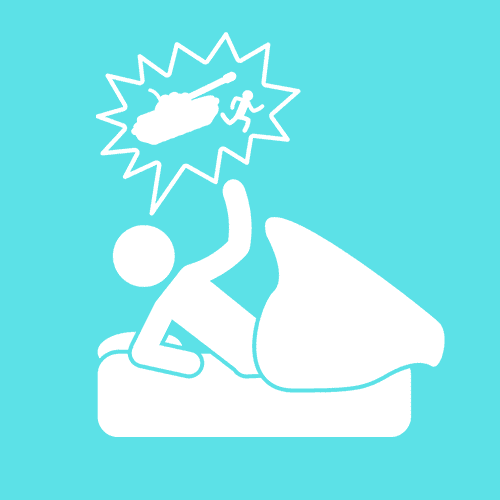Trauma & PTSD


Post-traumatic stress disorder (PTSD) is a mental health condition that is usually triggered by a terrifying or overwhelming event(s) which is either experienced or witnessed. Traumatic events may include being the victim of or witnessing sexual, physical or emotional abuse or assault or being the victim of or witnessing a crime or accident. PTSD is commonly associated with those in the military or have fought in violent conflicts, but PTSD can be caused by any number of reasons. The resulting symptoms of experiencing trauma are endless but can include flashbacks, nightmares, depression, severe anxiety, anger, phobias, shame or eating problems.
Usually, people who experience traumatic events may initially have difficulty adjusting and coping but, with time and good self-care, they usually begin to improve. For some people, though, the symptoms get worse, or last for a long period of time which can start to interfere with day-to-day functioning.
A formal diagnosis of PTSD is not needed to begin psychological therapy for trauma related symptoms. Trauma can be a one-off significant event or even a series of smaller emotional injuries from early life, and which may not be recalled individually, but which have had a cumulative effect. These traumas can severely interfere with our ability to function and enjoy our lives in the present.
Recommended therapies:
© 2023 Victoria Therapy Centre. All rights reserved.